Feminism has been problematically shaped as a loaded term, as taboo and accusatory. Like racism or ableism, it is convenient to neglect the prevalent existence of these issues. Such learned abstaining reactions often cause detrimental hardships to be misrepresented and precluded from politics as a priori. In the case of feminism, discourse centralizes around the Western experience. Consequently, the representation of distinct non-western feminist agendas has often been overlooked. However currently sympathized, the encouragement of non-western and post-colonial feminism is an intrinsic factor of third world transitioning and thus, requires a space in development policy.
The Road thus Far
There have been various significant political movements pioneered by African women in the post-colonial era. Most recently, the Central African Republic appointed Catherine Samba-Panza as its first female president, the third female nation-leader in the continent, something that is yet to be accomplished in the United States.
In Sierra Leone, female politicians have been campaigning for a minimum quota of women in parliament for the past ten years. This movement attracted the attention of British filmmakers and the film “30%” showed at the 2013 Sundance Film Festival. The film itself emphasizes the fundamental need for affirmative political action in order to make a space for women in policymaking.
In 2004, Wangari Maathai won the Nobel Peace Prize for her Green Belt movement, which equipped rural Kenyan women with a strategy to increase their substantive freedoms.
Non-western feminist discourse has also become increasingly popularized. The most relevant example being Chimamanda Ngozi Adichie and her TED talk sampled in Beyonce’s single “Flawless”. Adichie is a distinguished Nigerian writer known for her critically acclaimed novels Purple Hibiscus and Half a Yellow Sun (that recount various stories of post-colonial Nigeria) and her insightful speeches about the social ramifications of learned behavioural variances between boys and girls.
Why Invest in Women?
Though African women have made much progress in the post-colonial era, there are still many institutional transformations and social improvements that must be made.
Foremost, the significant majority of the world’s poor comprise of women. The UNDP reports that six out of ten of the world’s poorest people are women, also known as the feminization of poverty.
The International Rescue Committee’s report based on ten years of research, Let Me Not Die Before My Time: Domestic Violence in West Africa, found that women’s lack of access to law enforcement officers, costly medical fees for evidence collection, and privatization of spousal abuse normalizes domestic violence in Sierra Leone, Liberia, and Ivory Coast. Most significantly, the report states that “violence is a bigger threat to the health of women ages 15-49 than cancer, malaria and traffic accidents combined.”
In the Third world, the pervasiveness of female-headed households and institutional disparities further female impoverishment. For example, there exists a large gender income gap between men and women. In the developing world, this gap is a result of discounting women from higher-salary occupations, the illegality of piecework (including unimplemented minimum wage in sweatshops and the criminalization of sex workers), and legal restrictions on female autonomy. In addition to income inequality, socio-cultural biases against females inhibit the acquisition of higher education or human capital.
Moreover, this educational gender gap is an issue especially relevant to African nations. It is argued that not only is the rate of return for women’s education is higher than men’s, but also investment in female education provides a means to escape poverty. In 2008, The Child Rights International Network produced a report that claimed “the economic cost…of failing to educate girls to the same standard as boys is a staggering 92 billion USD each year.” As a result, the education of girls is one of the most cost-effective methods of bettering local health standards.
Most importantly, it is necessary that the above-mentioned is not merely understood as a checklist of hardships; these are just a few of the instruments that institutionalize and perpetuate the feminization of poverty.
Why the need for a separate feminism?
Though some of the aforementioned initiatives by African women were localized efforts, the extraordinary ambition of these figures and thoughtful design of such endeavours are what distinguish the post-colonial feminist movement from its western counterpart.
African women, like women around the world, confront patriarchal subordination and oppression on a social and institutional level. However, these women must also deal with the dissolution and ever-present consequences of a colonial past. Post-colonial feminists face this battle in the context of the re-appropriation of African identities, the stigma of Afro-pessimism, and most maliciously, the Western debilitation of third world nations as underdeveloped, modernizing, and consequently, inferior.
Western feminism primarily battles patriarchal oppression through democratic systems that rely upon a strong individual identity, a powerful centralized government and western values. However, colonial legacy has maimed the truth of an authentic and natural identity, it instilled severe skepticism of government accountability and it necessarily challenged the reliance on western beliefs. Ergo, the restoration of a pre-colonial past has become inconceivable. Furthermore, the globalizing economic system of today pressures “Third world” nations to follow suit after the Western example. Hence, it is incontestable that colonialism disfigured and continuously incapacitates African peoples and communities.
Post-colonial feminist discourse, though facing incomprehensibly complex circumstances that encourage defeatism, preaches self-determination and hope. The African feminist must face the present with a tenacity that prevails over colonial legacy. Thus, it is indisputable that Post-colonial feminism has crucial agency in the advancement of women’s rights in the developing world.
WRITTEN BY AILISHA MACHARIA



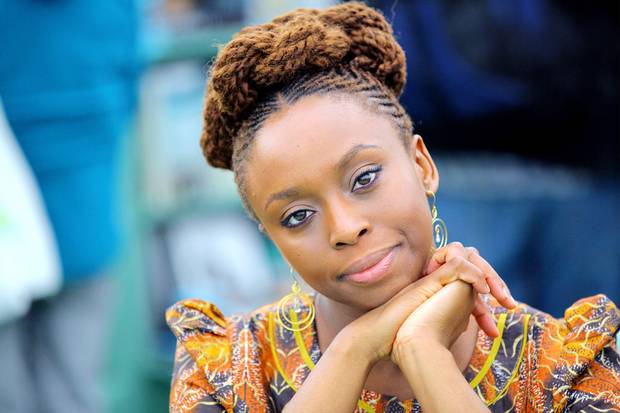
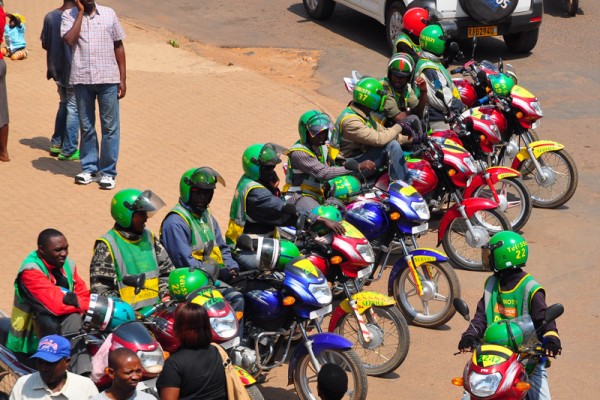
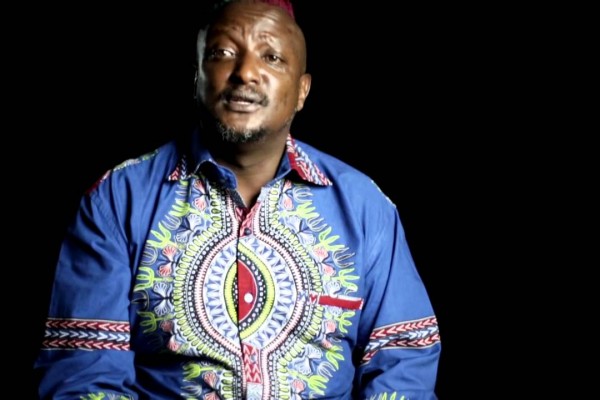
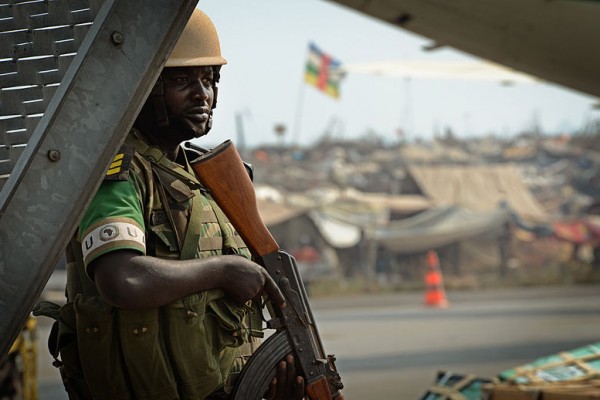
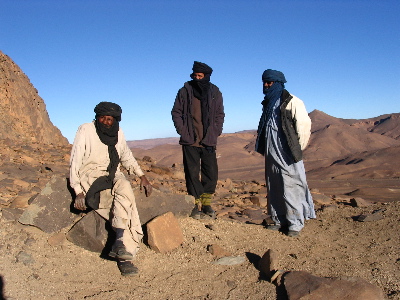

A response to Hanna Rosin’s “The End of Men” | GRAPHITE PUBLICATIONS
[…] women living overseas as immigrants or expatriates. Overall, her chapter exemplifies a pressing issue with feminist discourse: the dominance of a Western […]